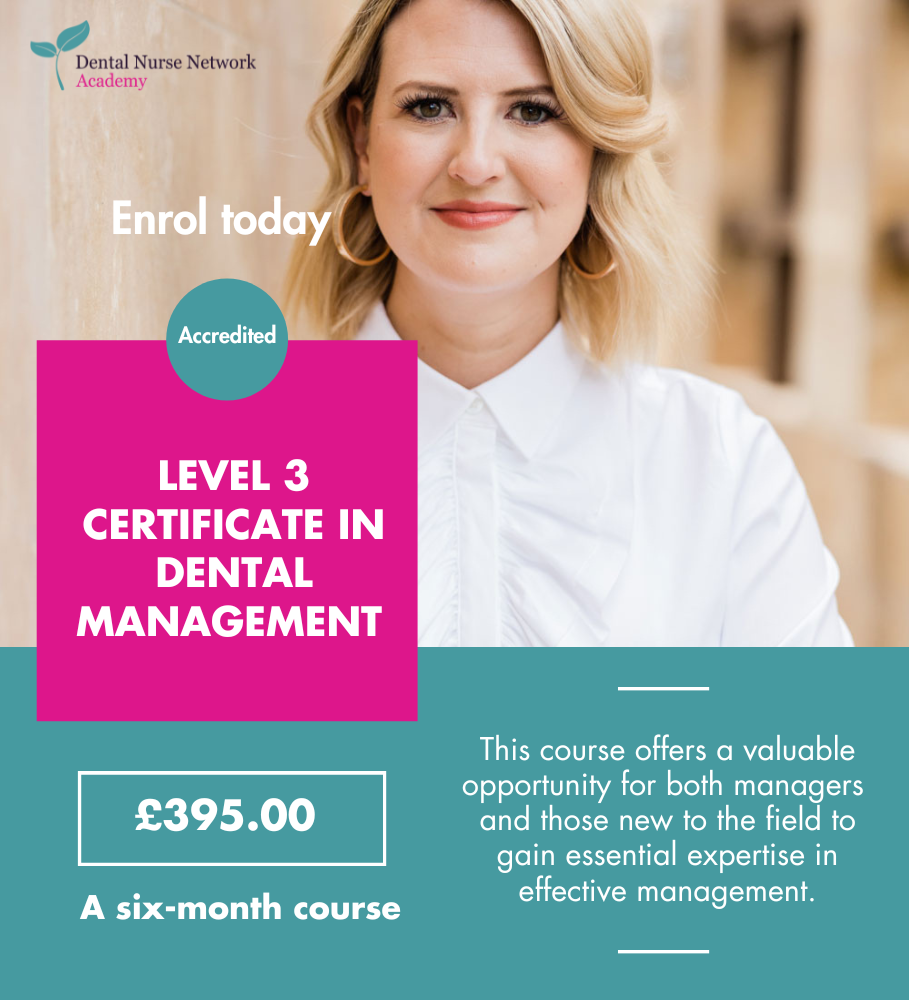
According to a recent poll conducted by the creators of www.MyMemory.com, our first visit to the Dentist has come up top as the most common earliest memory. This study was conducted as part of research into the favourite childhood memories of us Brits. 1671 men and women aged 18 and over took part in the study.
Seeing as this was the top answer, it seems like a good time to reflect on how we actually go about introducing children to the Practice and whether there are any other ways in which we can improve their experience. How many nervous or frightened adults say to us that it was a “bad experience as a child” that have left them fearful of attending and even led to them completely neglecting their dental health because of a phobia?
Recent statistics show that tens of thousands of children are hospitalised every year due to dental related problems. Shockingly, the most common age for hospitalisation due to heavily decayed, rotting teeth is a mere five years old.
So how can we give children the best possible memories of the Dentist?
- Encourage adults to bring their children from birth along to their own dental appointments in order to get them used to the dental environment. If children attend from a young age, they will become familiar with the surroundings and the idea of coming to the Dentist will not be traumatic one.
- Help adults as much as possible with their own fears and anxieties. Fearful parents are likely to raise fearful children. If a child sees that their parent is frightened of a person or situation, what else are they supposed to feel?
- Greet them with patience and a happy, friendly face. We do not want children to feel intimidated at all.
- Use visual aids to explain things to them such as flipcharts, books, demo-toothbrushes, mascots etc. Children need stability and routine- we need to try and get them into a familiar oral hygiene routine and reward and praise them for their achievements.
- Stickers! Keep a good stock of up to date male and female stickers. Children aren’t going to be impressed with dated, faded stickers!
- Don’t use words and phrases such as “it won’t hurt” or “needle,”- by saying these words we are planting a seed that these are possibilities. Try, “this will be really comfy” or “we are going to spray a special numbing spray on your cheek”.


